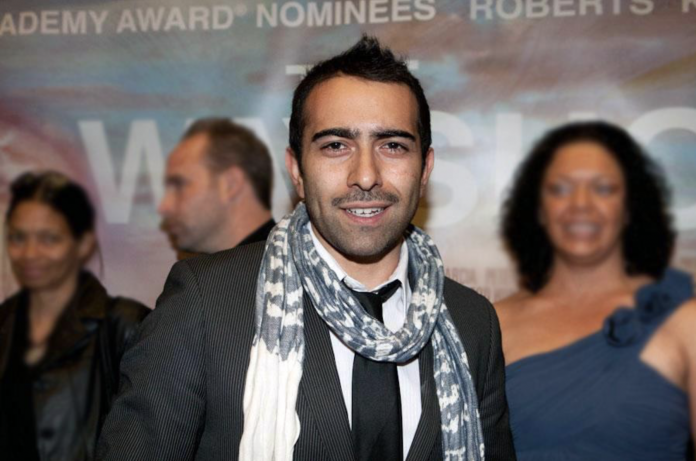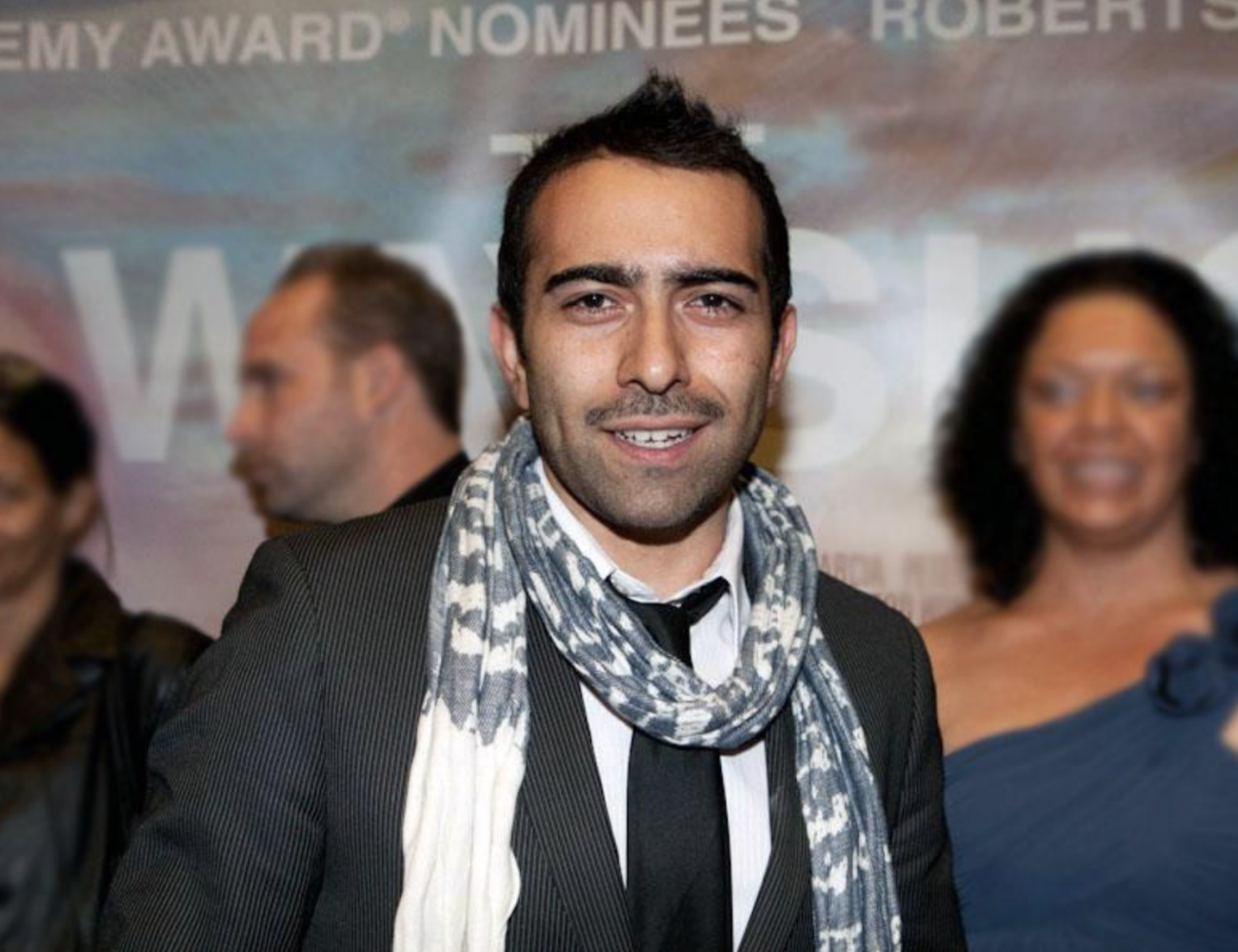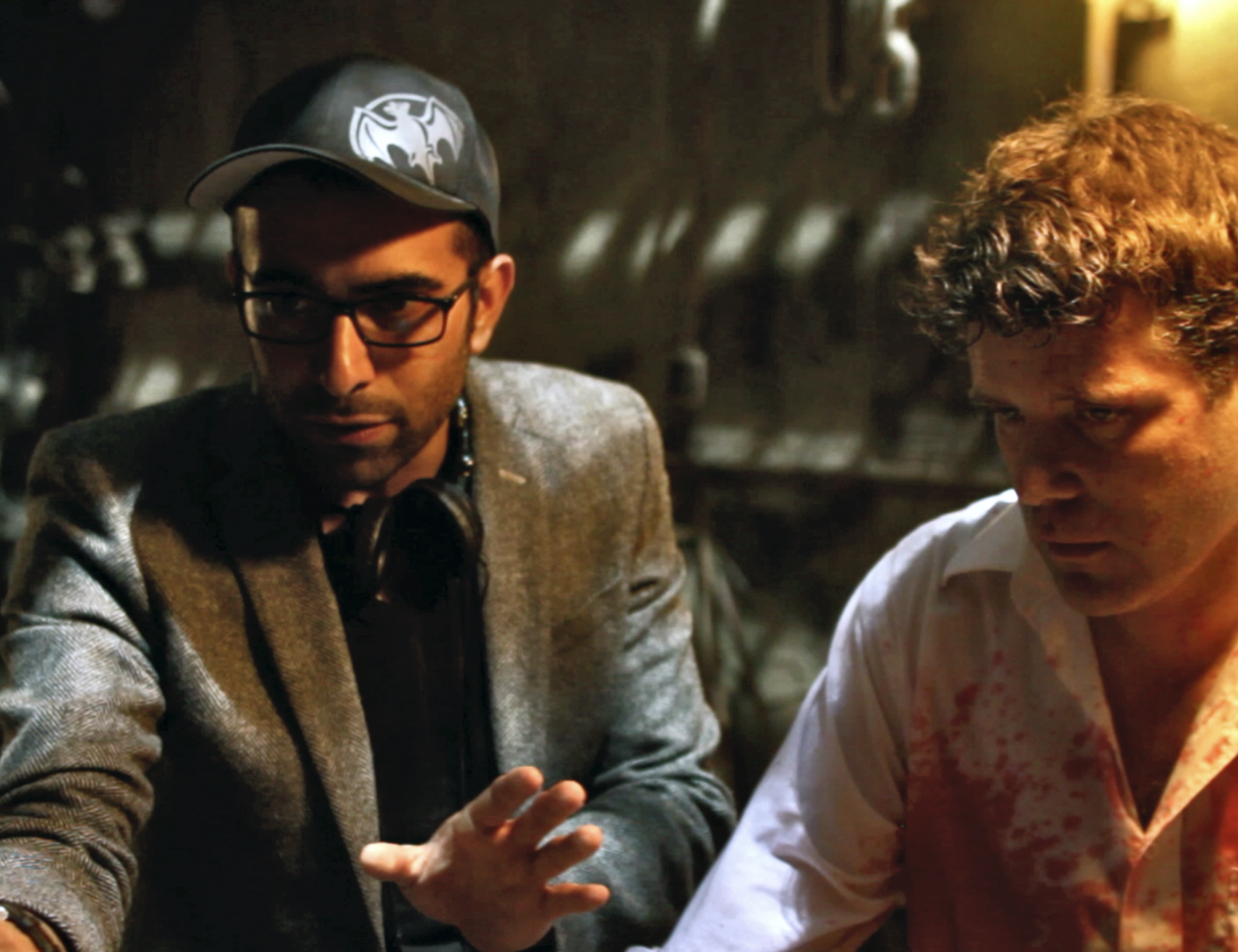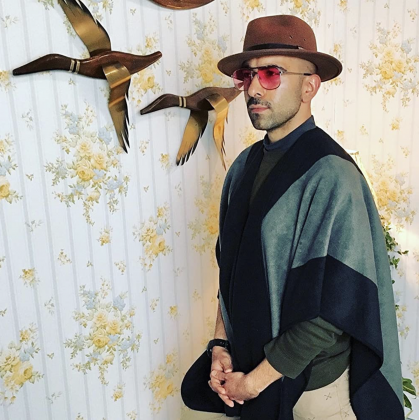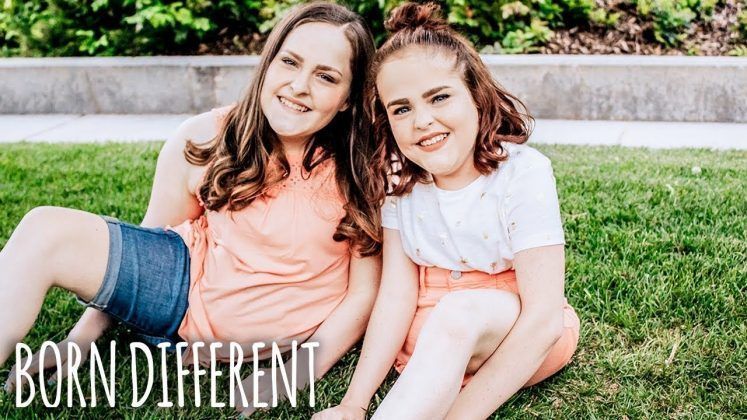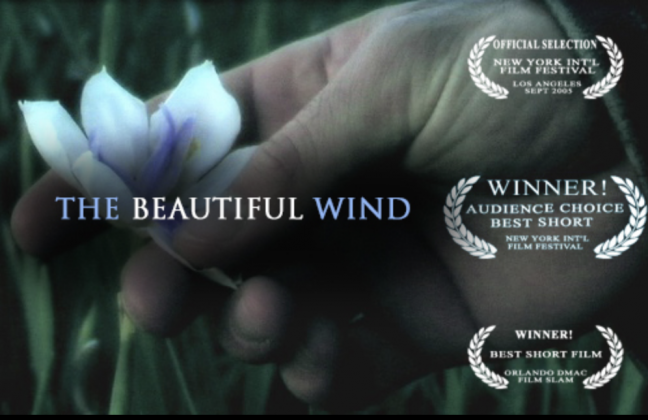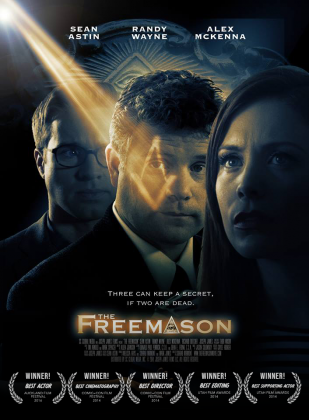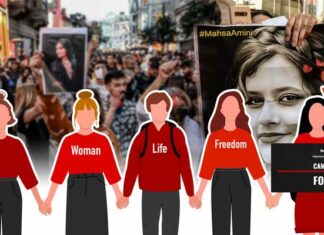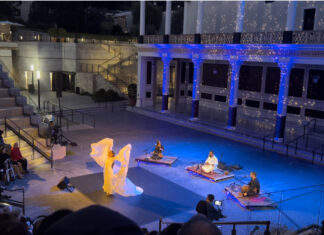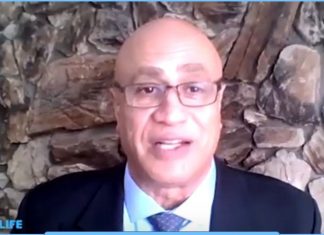Sohrab Mirmont is an award-winning director, writer and producer, and a member of the 100+ Million-View Club on YouTube. He comes from a family of famous filmmakers: He is the nephew of Iranian director Abbas Kiarostami, and the cousin of producer Ahmad Kiarostami.
Mirmont is the founder and CEO of Mirmont Pictures, a producer of everything from short films to feature films, documentaries, commercials, and music videos. He is also the president of Lurkin (TM), a venture studio that creates companies (including Mirmont’s own production company).
[aesop_content color=”#ffffff” background=”#333333″ columns=”1″ position=”none” imgrepeat=”no-repeat” disable_bgshading=”off” floaterposition=”left” floaterdirection=”up” revealfx=”inplaceslow” overlay_revealfx=”inplaceslow” aesop-generator-content=”Kayhan Life recently spoke to Sohrab Mirmont about his childhood in Iran, his film career, and his celebrated uncle.
“]Kayhan Life recently spoke to Sohrab Mirmont about his childhood in Iran, his film career, and his celebrated uncle.[/aesop_content]
Your documentary for the BBC — “The Twins That Were Cut In Half” — has had more than 60 million views to date. Tell us about it.
“The Twins That Were Cut In Half” is a short film I directed and produced that follows the lives of Kendra and Maliyah Herrin, twins who were born conjoined at their abdomens. They each controlled one leg, but shared a pelvis, kidney, and liver. When the twins were four years old, six surgeons and a team of 25 medical support staff undertook a groundbreaking 26-hour surgery to separate them.
The separation surgery was a success, and now Kendra and Maliyah are able to live their lives separately, unattached to each other. The documentary follows their story from birth to post-separation, and how they have impacted and inspired the people around them.
Why did you make this movie?
I had heard about the twins since I had lived in Utah — and they had also appeared on Oprah. When the BBC contacted me, and after seeing the tremendous bravery the twins exhibited and the diversity they had overcome, I knew I needed to share their story.
Kendra and Maliyah are an inspiration to anyone who knows them, and it is wonderful to see that their story has touched hundreds of millions of people, too. I am honored to have been able to capture and share their story, and it is an ongoing process. As they grow up, their story gets even more interesting and inspiring.
I understand there will be a sequel?
The sequel is about another family with conjoined twins who are in a similar situation, and are about to go through a surgery comparable to the one that Kendra and Maliyah went through. It shows the new family and their interactions with the Herrin twins, pre- and post-surgery. It will be released later this year — the exact date is not yet known.
You come from a very notable family of Iranian moviemakers. Your uncle Abbas Kiarostami and his son Ahmad are well known internationally. Did you ever work with your uncle or cousin?
My uncle Abbas was always a mentor for me. Even though I saw him sporadically, we corresponded via email and phone calls. The last time I saw him was at the master filmmaking workshop he had invited me to in Syracuse, New York in 2014. While in Abbas’ workshop, I created a short film called “God’s Workshop,” which he was very fond of. He even joked, “I think I’m going to steal this idea.”
During the few days it took to make my film, Abbas was always present, giving advice, but also holding himself back from [giving] advice once he realized I was already doing what he was about to tell me. The two weeks I spent with my uncle Abbas both in the workshop and outside of it are memories and experiences I will always treasure and hold close to my heart.
My cousin Ahmad — Abbas’s son — is an exceptional person, and we stay in touch. He and I collaborated on a documentary pilot he was producing in 2019. We haven’t collaborated beyond that, but I am sure the future will bring us together on other projects.
Is being part of a famous family a plus or a minus to get started in the movie industry?
It hasn’t been a plus or a minus. I don’t really publicize the fact that Abbas is my uncle, and my last name is different, so most people don’t know. Sometimes, when I am in a circle of cultured filmmakers, it comes up, and everyone is enthralled. But as my father has always said: ”Make your own name.”
I suppose if my last name was Kiarostami, paired with my current film resume, advancing would be easier, but I would rather create meaningful content and let that speak for itself. I believe it’s the same ideology Abbas had… let the work speak for itself.
You’ve been involved in every aspect of filmmaking. Which do you prefer?
When I was a young boy, I dreamed of being an actor — mainly because my uncle was a renowned film director, and I would watch his work and be in awe. At the time, I really only knew about acting, and even though my uncle was a successful director, I never saw him in action. I only saw what he created, and it was always filled with actors on screen.
It wasn’t until I moved to America that I found that my true passion was behind the camera, as a director. When I was 14, I recall wanting to make a short film for a film competition. I wrote the script and planned to act in it. I asked my brother to do the camerawork. After a couple of scenes, it was very apparent that I was extremely particular in how I wanted the frames to look, so I switched roles and ended up being behind the camera.
In those first few moments behind the camera, I felt so alive, fell in love, and haven’t looked back since. I still do cameos in my projects from time to time, but directing and all that comes with it — creating a vision, telling a story, working with actors and crew, is my true love and calling.
Where did you grow up, and what led you to filmmaking?
I was born in Tehran during the Iran-Iraq war and after the 1979 Iranian Revolution. It was a tumultuous time to be born, and my mother had many reservations about giving birth to me during that time (I was twice on the abortion table). She decided to go through with having me, and I’m so thankful she did.
I lived in Iran until I was 6, which is when my father moved my siblings and myself to the United States as a result of a chance visa lottery, which my grandmother won. Pre-revolution, my father was very wealthy, having owned a chain of jewelry stores, and later a manufacturing company. There, he spoke with his partners against the new Iranian regime, and they turned him in to the authorities so as to take full control of the company. All of his assets were permanently frozen; he was thrown in jail, and nearly executed.
When my father arrived in the United States, he had three children and $5,000 to his name, and was led to believe that his wife, our mother, would be a week or two behind. In the end, my mother was denied a visa for more than six years, and was not able to join us in the United States until I was 12.
Even in her absence, she gave me the greatest gift in life: of allowing me to be whoever I wanted to be, and when she rejoined us six years later, she was still my biggest supporter, always encouraging me, driving me to acting auditions, and flying me to visit my uncle Abbas.
What made you want to be an actor?
When I was 7 years old in America, I was watching the TV show “Home Improvement,” and when the credit reel rolled with the blooper outtakes, I realized that the people on screen were playing make-believe. It was the first time that I realized that everyone on TV was an actor, and I thought to myself, “There is no better job in the world than that.”
Acting is where I got my feet wet, before becoming aware of the vast world that filmmaking is. Now, I can’t imagine anything other than directing. In my family, they call me “The Dictator,” and I accept it. It describes me as a director perfectly. As a result of my experience, I know how to work with people to get exactly what I want.
Do you have plans to go back to Iran?
I have not been back to Iran since I moved to America. I have always wanted to go back to Iran, but with the current political and civil tensions, I plan to stay put for now. I do stay in touch with young Iranian filmmakers, most of them living in LA currently. I look forward to collaborations and connections here and abroad.
What is your next project? Can you give us some details?
At the time of this interview, I have a few projects in development ranging from a comedic family Christmas film to an original series for YouTube. What my next big project will be, well, maybe it will be a collaboration with one of your readers. The future is bright, and with more connections, it grows brighter!

